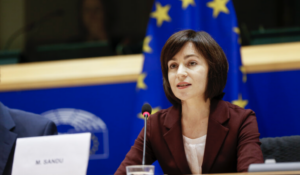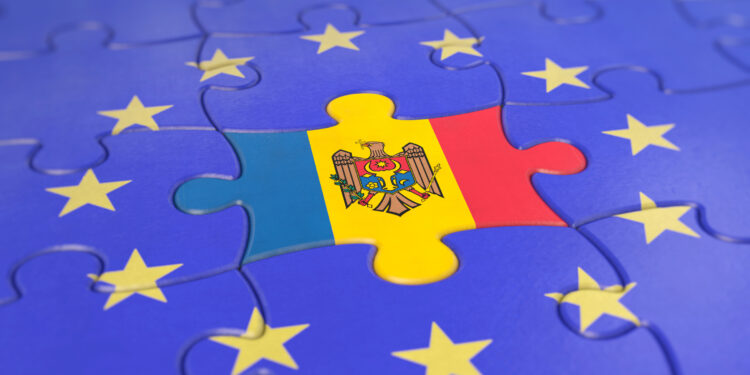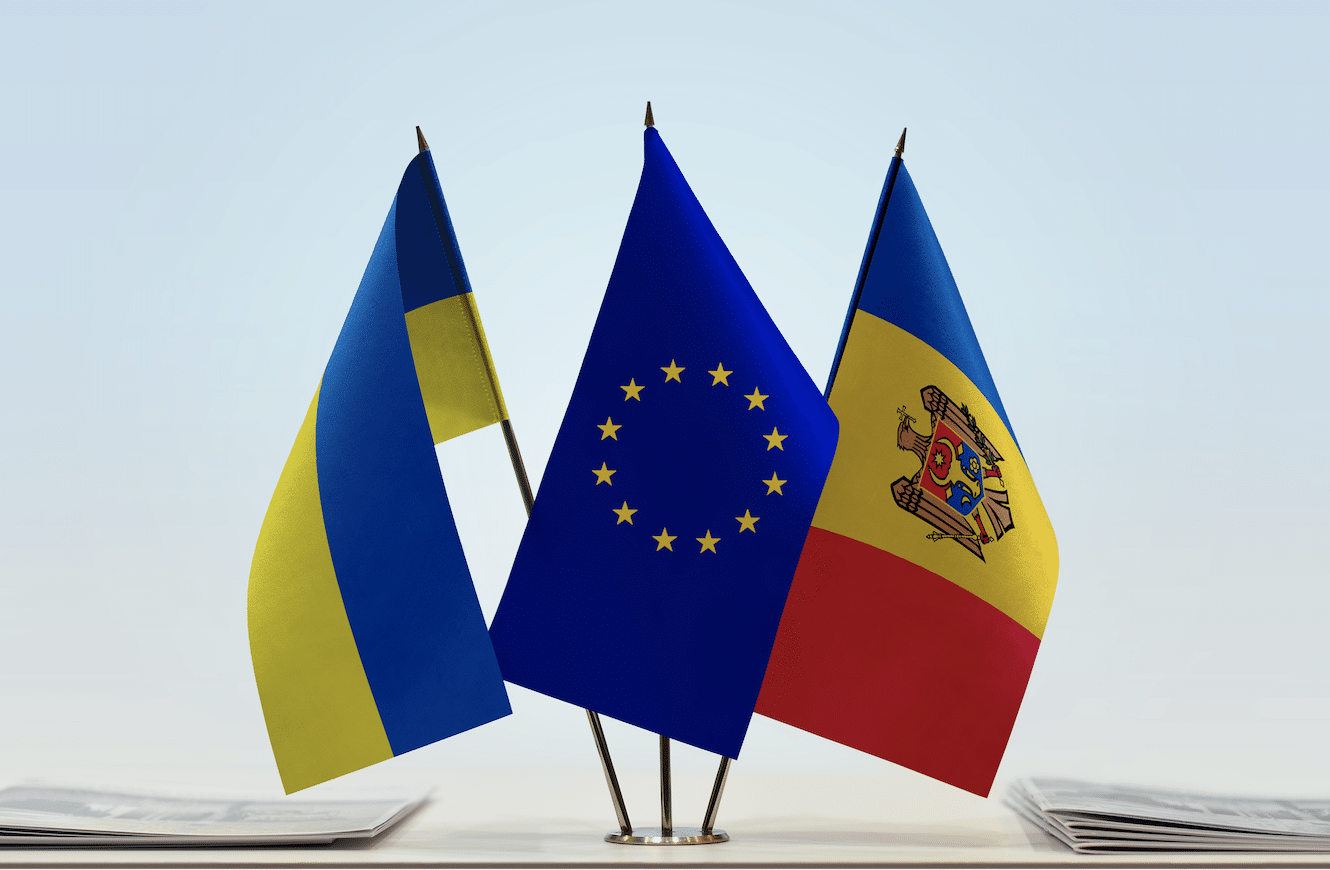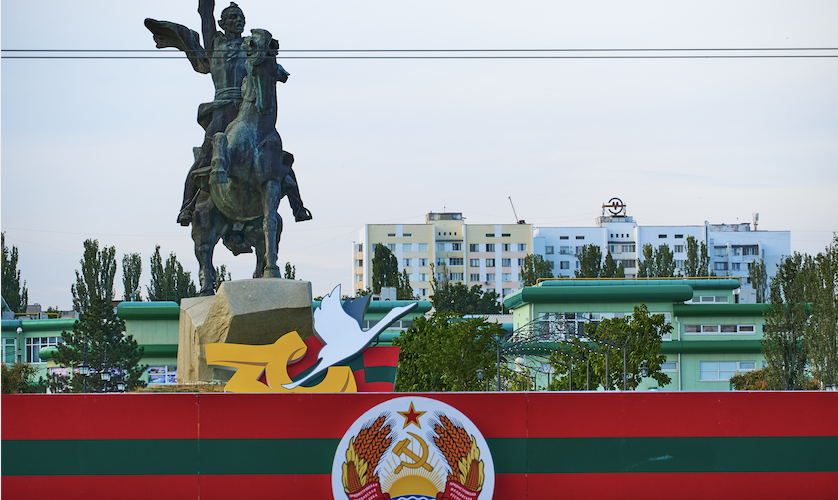Brussels – Moldova is racing toward hopes of becoming a member country of the European Union. Moldovan voters have been called to the polls on October 20, not only for the presidential elections, but especially for the referendum that could lead to the inclusion in the national Constitution of the prospect of Moldova joining the European Union. After rumours in recent days, it was the Constitutional Court that yesterday (April 16) approved the request of the party that supports the incumbent president, Maia Sandu, the Party of Action and Solidarity (PAS), to hold a popular consultation to get the green light for the constitutional amendment.
Both votes will provide clear indications of the popular will to continue resolutely along the path to the European Union, following the green light for EU accession negotiations at the December 2023 EU Summit and the following exhortation at the EU Council that came during the last summit in March to “quickly adopt” draft negotiating frameworks with Chișinău. President Sandu (in office since 2020) enjoys particular popularity in the country precisely because of her strong commitment to pursuing the road to EU membership, and the polls currently give her a firm lead for a second term. But in a country where the pro-Russian parties still enjoy considerable support from the electorate, particularly in the separatist region of Transnistria and the complicatedly administered region of Gagauzia, the outcome of the referendum vote to amend the Constitution and include reference to the prospect of EU membership will have to be watched closely. Again, polls reveal for the time being a support for the “yes” vote of 56.5 per cent, while only 25.2 per cent would openly oppose.
Tensions in Moldova
.
The Russian-speaking majority Moldovan region of Transnistria that borders Ukraine to the east separated unilaterally from Moldova following the collapse of the Soviet Union. During the 1992 civil war, separatists were supported by Russian military intervention before the situation crystallized and the 2006 referendum (not recognized by the international community) that, for the first time, sanctioned the willingness to be annexed by Russia. Since the start of the Russian invasion of Ukraine on February 24, 2022, tensions in the Republic of Moldova have increased, with attacks in Tiraspol and along the border with Ukraine (early signs of an attempt to find a pretext for possible armed intervention). The early months of 2023 saw increasing acts of overt provocation by Moscow, including missiles that have crossed the airspace of the Republic of Moldova in the direction of Ukrainian territory.
On February 9 last year, Ukraine’s president, Volodymyr Zelensky, had first informed the 27 EU leaders of the Kremlin’s plan to “break the democratic order and establish control” by Russia in Moldova, and, only a few days later, Moldova’s president Sandu had confirmed Moscow’s attempt at “a change of power in Chișinău.” through “violent actions masquerading as protests by the so-called opposition,” involving even “foreign nationals.” The finger was pointed at the Movement for the People, which brings together several pro-Russian groups such as Șor, the party of Ilan Shor, a Moldovan oligarch sanctioned in October 2022 by the United States for his closeness to the Russian government and now in exile in Israel. Politically, the situation worsened with the surprise resignation on February 10 by the pro-European premier Natalia Gavrilița. Still, the successor, Dorin Recean, has set a line of continuity in the policies and alliances of the country that formally applied to join the EU just one week after the beginning of the Russian invasion of Ukraine.

After the further alert launched in Brussels by Moldova’s Interior Minister, Ana Revenco, about “the Republic of Moldova being on Moscow’s path to break stability and union in Europe,” seven people linked to the Kremlin have been arrested during Șor-led anti-government protests, which, among other things, intimated the resignation of President Sandu. Since April 24, 2023, the Civil Partnership Mission in Moldova (EUPM Moldova) has been established to strengthen the country’s security against crises and hybrid threats, including protecting the country’s territorial integrity. It was just over a month ago that the alarming news came of the request of the authorities of the self-proclaimed pro-Russian republic for “protection” by Moscow from the government in Chișinău, eerily reminiscent of what happened in the days leading up to the February 24, 2022 invasion of Ukraine, with Russia’s recognition of the separatist Donetsk and Luhansk republics in Ukraine’s Donbas.
English version by the Translation Service of Withub






